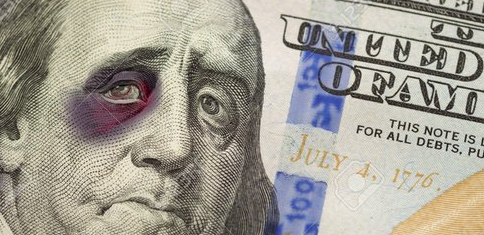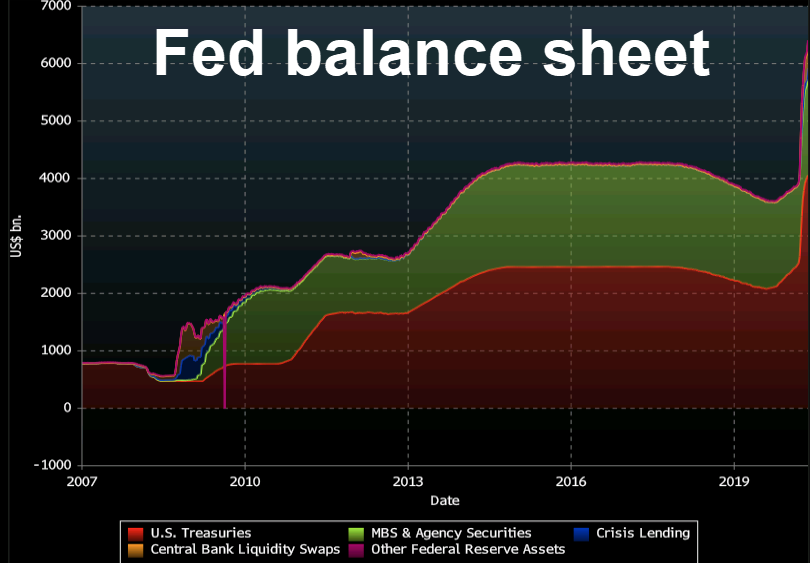The role of central banks has been perverted

Central banks were designed as the lender-of-last-resort for banks. If people wanted cash and a bank didn't have liquid assets to quickly sell, it could turn to central banks for loans.
Yet over time, central banks have become the lender-of-last-resort (and sometimes first resort) to the entire financial system.
It's especially notable because the coronavirus financial crisis wasn't centered in banks. Stronger capital rules after the financial crisis left banks in generally good shape as the panic hit.
Instead it was the shadow banking system that collapsed. Alternative mortgage lenders needed to be saved; junk bonds were bailed out; commercial paper, repos and munis were saved. Swap lines were set up to protect the dollar-lending market.

The reality is that the Fed has refused to draw a line on who will be saved when the going gets tough. In doing so, they've created a system where everyone can take too much risk because they can count on a backstop.
The proliferation in non-bank lending is to get higher returns or pay lower costs than within the banking system; but evidently with the better reward, there's no greater risk.
It's a broken system that suffers from a lack of a coherent mission beyond the vague 'protect the financial system'. A good financial system protects itself, this one is far too fragile.
Ask yourself: Was it inevitable the Fed would have switched on these new programs? Whether it was this pandemic or some future recession? I have no doubt it would have.
The good news is that the conversation is now beginning about what is to be done to fix it.
There's a great column at Bloomberg that's a great starting point:
No doubt, the Fed has done the right thing in the moment. Without its intervention, the economic damage would be much worse. But the need for such extraordinary measures reveals a deeper problem: Government has all but lost control over the creation of money. In good times, it allows financial institutions the freedom to create all manner of money-like instruments. In bad times, central banks must support those instruments, lest the financial system collapse....
What's actually the aberration? A system in which the government maintains some control over the creation of money, or one in which it must repeatedly devise unprecedented measures to backstop forms of money over which it has no control?



